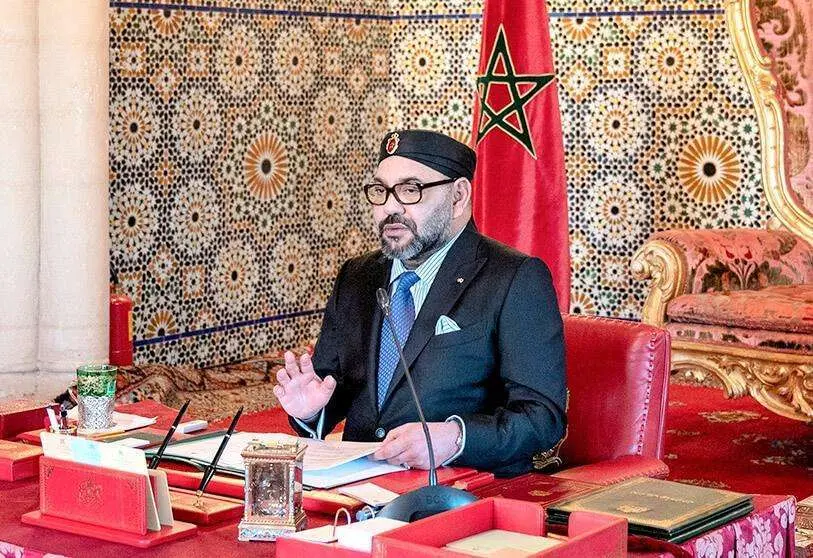Mohamed VI sets Morocco's Maghreb strategy

King Mohammed VI's speech at the Throne Festival, praiseworthy and conciliatory for some, and deceitful and hypocritical for others, was above all a program for the future, the setting of strategic objectives and the demarcation for all and sundry of the red lines not to be crossed.
In clear, direct language, accessible to the people, far from the convoluted formulas very much in vogue in political, administrative and diplomatic circles, the Moroccan King addressed directly the Algerian President, Abdelmadjid Tebboune, whom he invited to sit down together, and indirectly those who, in Algeria, in Morocco or in third countries, such as Spain or France, seek to torpedo the reunion between "two twin brothers who complement each other" and whom "an intrusive entity has separated".
Three years ago, in November 2018, Mohamed VI proposed to the Algerian authorities a bilateral mechanism of negotiation and conciliation. At the time, Algerian President Abdelaziz Bouteflika, weakened by his incapacitating illness, still intended to aspire to a fifth presidential term. The Moroccan king did not mention him in his speech commemorating the Green March, and limited himself to proposing the creation of a bilateral liaison. This time, however, Mohamed VI has personally addressed the Algerian head of state inviting him to sit together at the table of the historic reunion. Despite the health problems of both - the Algerian president had to travel to Germany to be treated for Covid-19, and the Moroccan King acknowledged in the speech that he and his family were personally affected by the current situation - the offer still stands.
Not all the strategic allies of the two countries, generally situated in adverse camps, appreciate the speech positively and unconditionally. If on the one hand Russia fears that a geopolitical rapprochement between Algiers and Rabat would allow third countries such as the United States access to the internal affairs of its Algerian partner; others, such as France and the United States, fear just the opposite: that a reconciliation between the two central countries of the Maghreb would end up making their dependence on the great Western powers superfluous.
The royal discourse sets the red lines: Algeria's security is Morocco's security, and it is not to be touched. A message addressed to those who shuffle "all possible cards" to "defeat the enemy", reciprocally located on both sides of the border. Mohamed VI implicitly recognizes that the use of the "Kabylia problem" as a weapon of war in bilateral relations with Algeria was a mistake, which he does not accept. According to the Algerian newspaper Algérie Patriotique, very close to the military establishment, the King has refused the request conveyed to him to receive the head of the Kabyle Autonomy Movement (MAK), Ferhat Mehenni; if confirmed, it is a gesture addressed to President Tebboune which would show his sincerity and good intentions.
The use of the Kabyl issue, as well as the possible use of drug trafficking, are tools used by sectors linked to the royal entourage, if not by some of his own advisors or consultants. The Alawite sovereign has been categorical: the security and stability of Algeria are sacred.
Equally striking is the absence of any mention of Spain, Morocco's allies and the Western Sahara question. A way of excluding them from the Maghreb equation, which is settled exclusively between Algeria and Morocco. Neither Rabat nor Algiers need Madrid, Paris, Washington or Moscow to solve their problems, however entrenched they may be.

